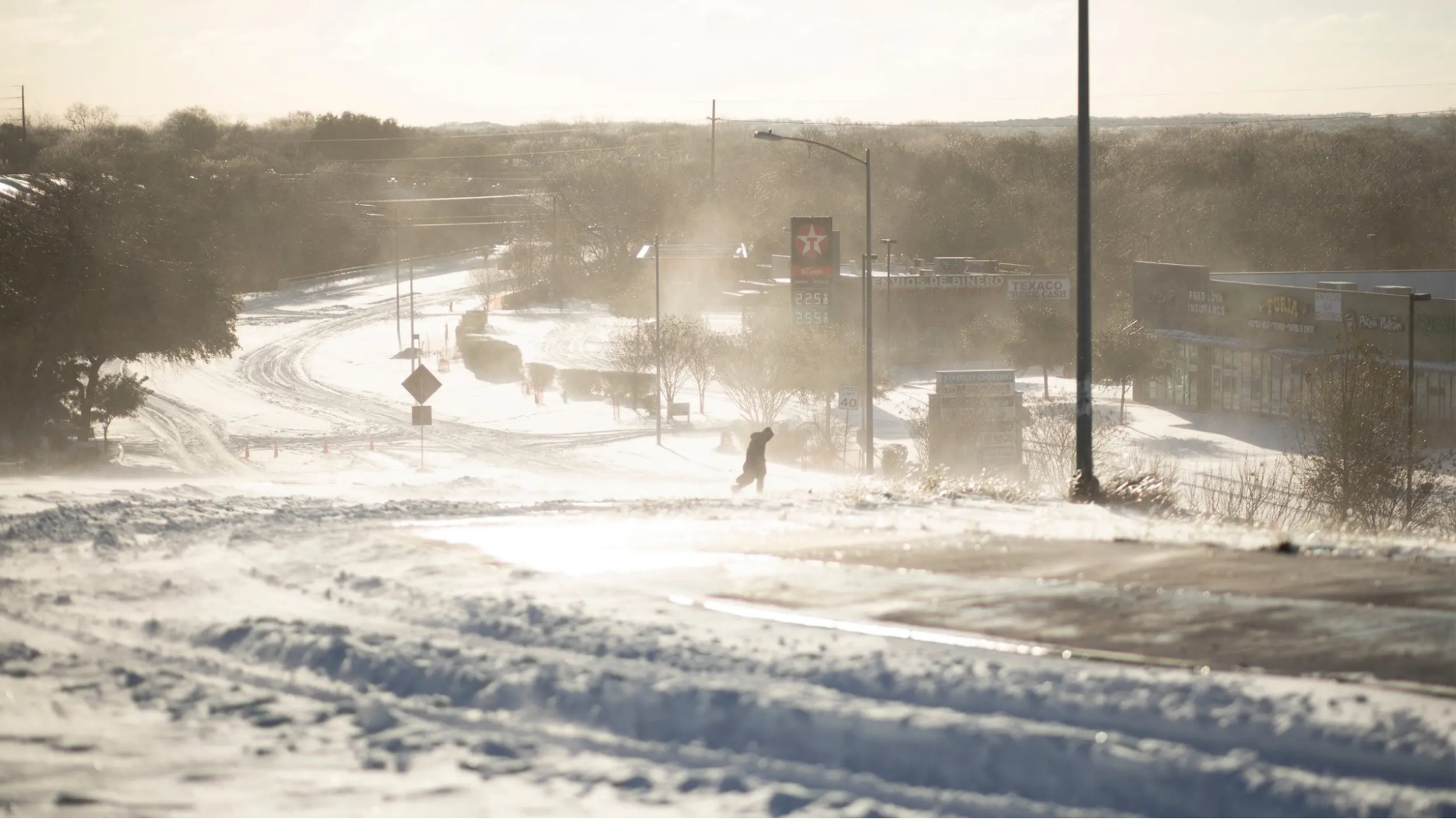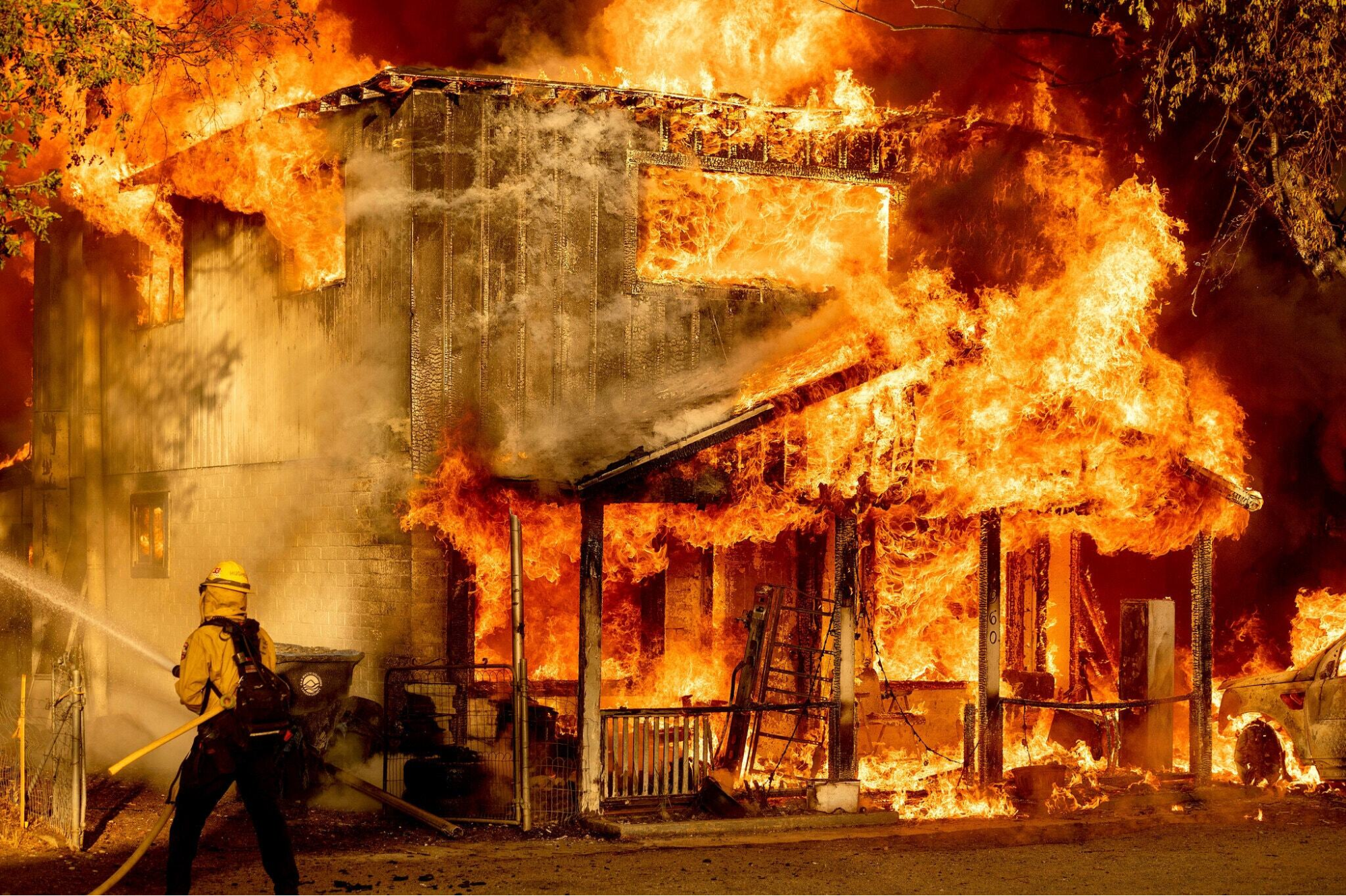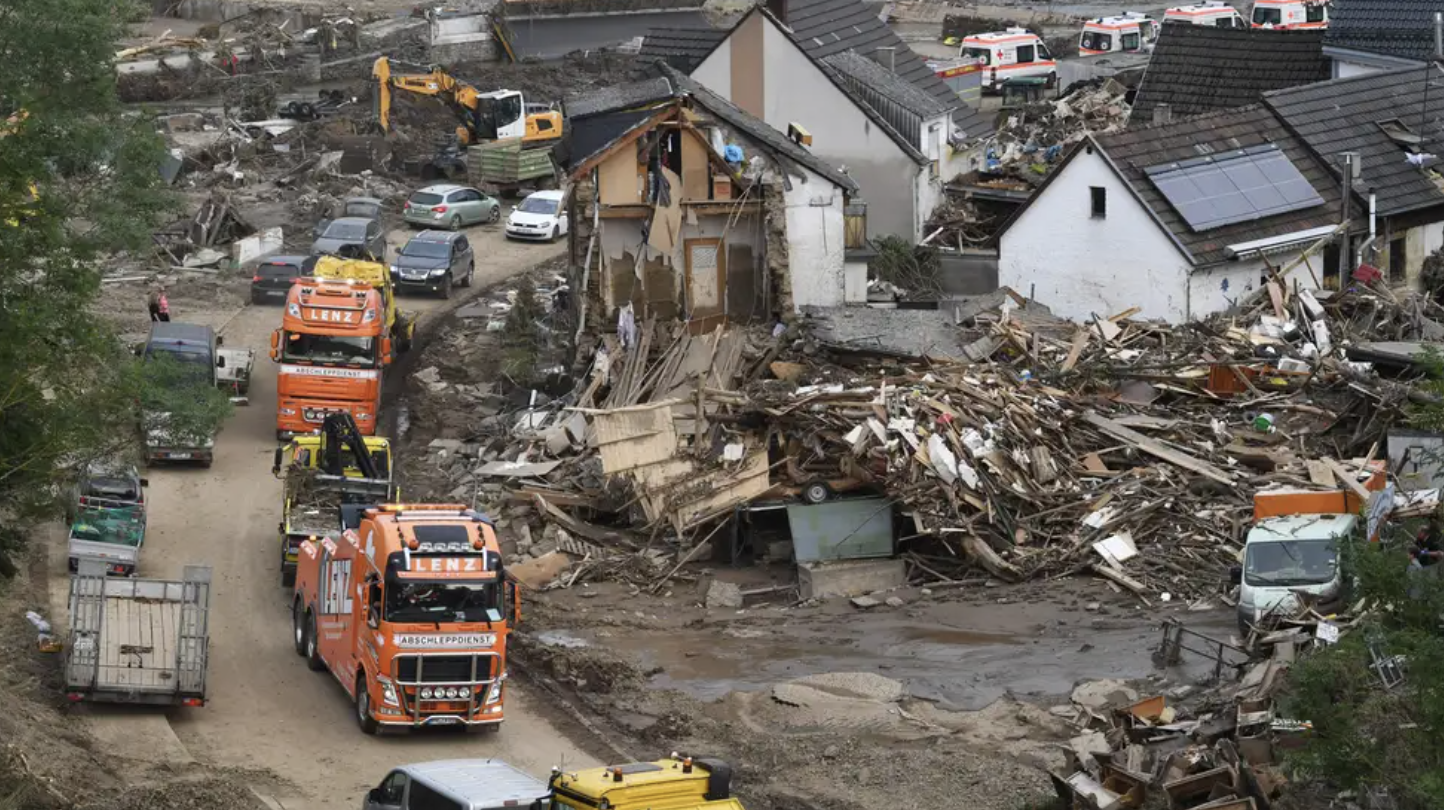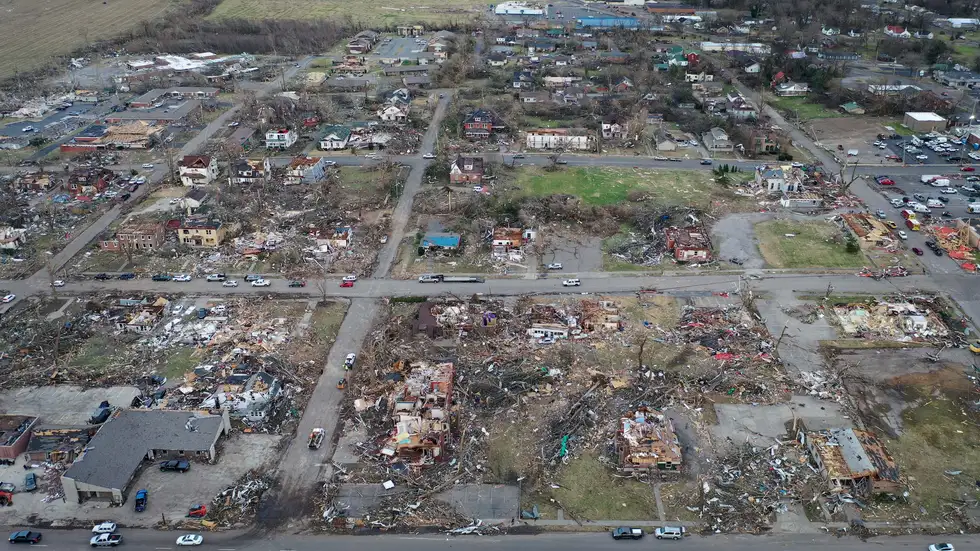
24 July 21
Right Now the Smaller Donors Are Saving RSN
We are seeing, as we always do, a heroic effort by people who are really scratching to make ends meet. We are a long way down for July, a long way. Still only small fraction of our readers have donated. A few larger donations would really help right the ship.
We have to find a way to save this, right now.
Marc Ash
Founder, Reader Supported News
Sure, I'll make a donation!
If you would prefer to send a check:
Reader Supported News
PO Box 2043 / Citrus Heights, CA 95611
Follow us on facebook and twitter!
Update My Monthly Donation

23 July 21
Live on the homepage now!
Reader Supported News
CAN ANYONE DONATE A THOUSAND? It’s very late in the month, and we are still far short of meeting our expenses for the month. Very small donations are all we have right now. We love that, but we do need to make up ground. Is there someone who can match the smaller donations with a $1,000? Thank you sincerely in advance.
Marc Ash • Founder, Reader Supported News
Sure, I'll make a donation!

FOCUS: Naomi Klein | Stuck in the Smoke as Billionaires Blast Off
Naomi Klein, The Intercept
Klein writes: "Climate inaction was never really about denial. Rich countries just thought poorer countries would bear the brunt of the crisis."
 any people here think they are safe from climate change, the journalist from a German newspaper explained to me. They don’t see it as an immediate threat, like Covid-19. They see the Greens as scolds who want to take away their cheap holidays. “What do you have to say to them?”
any people here think they are safe from climate change, the journalist from a German newspaper explained to me. They don’t see it as an immediate threat, like Covid-19. They see the Greens as scolds who want to take away their cheap holidays. “What do you have to say to them?”
The question came via video call in late June, and I was, at that very moment, pickled in my non-air-conditioned home, gripped by a heatwave that would, before the week was done, kill about 500 people in British Columbia, Canada, and cook perhaps a billion marine creatures on scorching shorelines. Over the years, I have faced many such “why should I care” questions, and I usually try to reach for some kind of moral argument about our responsibility to fellow humans even when we aren’t immediately impacted. But because I was far too hot and angry for high-mindedness, what I had to say instead was “Give it a minute.”
What I meant was that when it comes to making a political calculus about what people will and will not accept by way of climate policy, it’s never wise to count out the Earth as a key actor. Our planet has a way of inserting itself into these calculations, rapidly changing the views of those who imagined themselves to be safe.
That has certainly been the case in Germany ahead of federal elections coming up in September. In June, the Green Party was sliding in the polls, under heavy attack as killjoys for carbon-pricing plans that would threaten beloved vacations in Mallorca (in response to the backlash, the party backed off those tough policies). Less than a month later, the political landscape looks very different. German officials expect the death toll from July’s floods to climb to well over 200 people, with many more injured and core infrastructure swept away. Climate change is now at the center of the German election debate, and the Greens are under attack from the climate left for going soft.
When I published “This Changes Everything” way back in 2014, I included a quote from Sivan Kartha, senior scientist with the Stockholm Environment Institute: “What’s politically realistic today may have very little to do with what’s politically realistic after another few Hurricane Katrinas and another few Superstorm Sandys and another few Typhoon Bophas hit us.”
Sure enough, we have experienced another few of those storms, and then a few more. Recent flooding in Henan, China, is being described as the heaviest in 1,000 years, displacing some 200,000 people. It’s a good bet that it won’t be another thousand years before this kind of disaster strikes again. And then there is the fire and smoke, summer after suffocating summer. California. Oregon. British Columbia. Siberia. Little wonder, then, that a new Economist/YouGov poll finds that for the first time since it began the survey in 2009, U.S. respondents now rank climate change as their second most important political issue — topped only by health care. Climate even beat out “the economy,” while crime, gun control, abortion, and education all trailed far behind.
This kind of issue ranking is, of course, absurd. The fact that anyone thinks the stability of the planetary systems that support of all life can be pried apart from “the economy” or “health” — or much of anything at all — is a symptom of the mechanistic hubris that got us into this mess. If our climate collapses, so does everything else, and that should be the beginning of all discussions on the topic. Still, the poll reflects the reality that something dramatic is changing in public perception: a dropping away of the fantasy of safety in the wealthier parts of the world, as well as the beginnings of cracks in the faith that money and technology will find solutions just in the nick of time.
Climate inaction in the rich world was never really about denial. Belgians and Germans knew climate change was real; they just thought poorer countries would bear the brunt of it. And up until recently, they were right. A few years ago, a well-known meteorologist in Belgium told me that her biggest challenge in communicating the urgency of the climate crisis was that her viewers actively looked forward to having a warmer climate, which they imagined as something closer to the Burgundy region of France. Similarly, Oregon and Washington state, just a couple of years ago, were coping with skyrocketing housing costs as throngs of Californians moved north. Many believed the predictions that the Pacific Northwest would be a big climate winner, with some mapping suggesting that the region would be protected from the drought, heat waves, and fires that were tormenting the southwestern U.S. — while a little more heat and a little less rain would make Washington’s and Oregon’s chilly, wet climates more like California in its glory days. It seemed not just safer but, to many flush with tech cash, also like a smart real estate move.
Well, it turns out that a planet going haywire doesn’t behave in linear ways that are easy for real estate agents or ultrarich doomsday preppers to predict. Yes, a warmer world means California’s temperatures become more like Mexico’s, and Oregon’s a little more like California’s. But it’s also true that everywhere turns upside down. The Pacific Northwest isn’t adapted to the kind of heat that is commonplace in Southern California and Nevada, and the lack of air conditioning is the least of it. Salmon — our region’s keystone species — need cool water to survive, and young salmon grow up in bodies of fresh water that this summer have warmed up like hot tubs. Scientists fear that many of the young fish will not make it.
If salmon populations collapse, that will trigger a cascade of loss reaching well beyond the commercial fishery. These animals are sacred to every Indigenous culture in the region; they are critical food to iconic (and vulnerable) marine mammals including orcas and Steller sea lions; and they are integral to the health of temperate rainforests, not only to the bears and eagles who feed on them but also to the carbon-sequestering trees they fertilize.
As for the idea that Californians should move north to escape fire, that dream has obviously gone up in flames. Last summer, deadly wildfires forced evacuations just east of Portland, Oregon, and as I write, smoke from the state’s Bootleg fire is contributing to the plume that blotted out the sun as far away as New York City. So, no, Oregon is not safe. New York is not safe. Germany is not safe. Nowhere that imagined itself safe is safe.
That was the message from a coalition of nations on the front lines of climate disruption. Responding to the German floods, the Climate Vulnerable Forum issued a statement, signed by Mohamed Nasheed, former president of the Maldives.
On behalf of the climate vulnerable countries I would like to express solidarity and offer my support and prayers to the people of Germany as they suffer the impacts of these catastrophic floods. While not all are affected equally, this tragic event is a reminder that in the climate emergency no-one is safe, whether they live on a small island nation like mine or a developed Western European state.
The subtext, of course, was that safety has long been a distant dream for people living in low-lying Pacific islands like the Maldives, and that record-breaking heat and floods have been stealing lives, from Pakistan to Mozambique to Haiti, for a good while now. Moreover, if rich countries like Germany and the U.S. had heeded the calls coming from countries like the Maldives (whose government held a desperate underwater cabinet meeting in 2009 in an attempt to raise the alarm about sea level rise ahead of a United Nations climate summit), much of the pain now locked in might have been avoided. The truth is that our planet and its people have sounded a symphony of alarms in past decades; the powerful simply chose not to heed them.
Why? It comes back to those stories so many of us in the rich world have been telling ourselves about our relative safety. That when the climate crisis hit, it would be others (read: Black, brown, Indigenous, foreign) who would bear the risks. And if that turned out to be a bad bet, and the crisis came to our communities, then we would simply move somewhere more protected. To Oregon or British Columbia or the Great Lakes or maybe, if things get really dire, Alaska or the Yukon. In other words, we would do precisely what North American, European, and Australian governments ruthlessly punish and vilify migrants on our borders (including climate migrants) for doing: attempting to get to safety. As water scientist Peter Gleick recently wrote, we are seeing the emergence of “two classes of refugees: those with the freedom and financial resources to try, for a while at least, to flee from growing threats in advance, and those who will be left behind to suffer the consequences in the form of illness, death and destruction.”
In this summer of fires and floods, it appears to be dawning on many that even this sinister form of climate apartheid is likely an illusion for all but the ultrarich. As Nasheed said, and as the New York Times echoed in an ominous headline overlaid on a photograph of a burning building: “No one is safe.” We are all trapped in this crisis — whether under that relentless pall of smoke, or in a heat that hits like a physical wall, or under rains and winds that will not stop. Even in the United States, built on the foundational lie of the frontier, the climate crisis can no longer be fobbed off on some faraway place or to some far-off future time. We are fresh out of “out theres” — whether spatially or temporally.
Except, of course, for Jeff Bezos, the man who just in case we missed his cartoonish pluri-planetary frontier fantasy, wore a cowboy hat and boots for the joyride and came back gushing about how he had seen the future, and it was toxic space dumps. “We need to take all heavy industry, all polluting industry, and move it into space and keep Earth as this beautiful gem of a planet that it is,” he said moments after touchdown.
This, right there, is the crux of our crisis: the persistent fantasy, despite all reason and evidence, that there are no hard limits to capital’s capacity to keep turning life into profit, that there will always be a new frontier to keep the lucrative game going. As Justine Calma wrote in The Verge, “Sticking unwanted stuff in a place that’s seemingly out of sight, out of mind is a tired idea. It’s the same old mindset that has dumped industrial waste on colonized peoples and neighborhoods of color for centuries.” And it’s the same old mindset that convinced residents of Germany and the United States that climate breakdown wasn’t an urgent crisis — until it broke all over them.
If it were only Bezos who thought like this, we could ground him, tax him, and be done with it. But he is only the crassest manifestation of a logic that pervades our ruling class: from Sen. Ted Cruz jetting off to the five-star Ritz-Carlton in Cancún, Mexico, while Texas froze to Peter Thiel planning his luxury bunker in New Zealand. And so long as the rich and powerful continue to believe that there is an “out there” to absorb their messes, they are going to fiercely protect the business-as-usual machine that will keep the rest of us burning down here.
READ MORE
Contribute to RSN
Follow us on facebook and twitter!
Update My Monthly Donation
PO Box 2043 / Citrus Heights, CA 95611












 any people here think they are safe from climate change, the journalist from a German newspaper explained to me. They don’t see it as an immediate threat, like Covid-19. They see the Greens as scolds who want to take away their cheap holidays. “What do you have to say to them?”
any people here think they are safe from climate change, the journalist from a German newspaper explained to me. They don’t see it as an immediate threat, like Covid-19. They see the Greens as scolds who want to take away their cheap holidays. “What do you have to say to them?”




